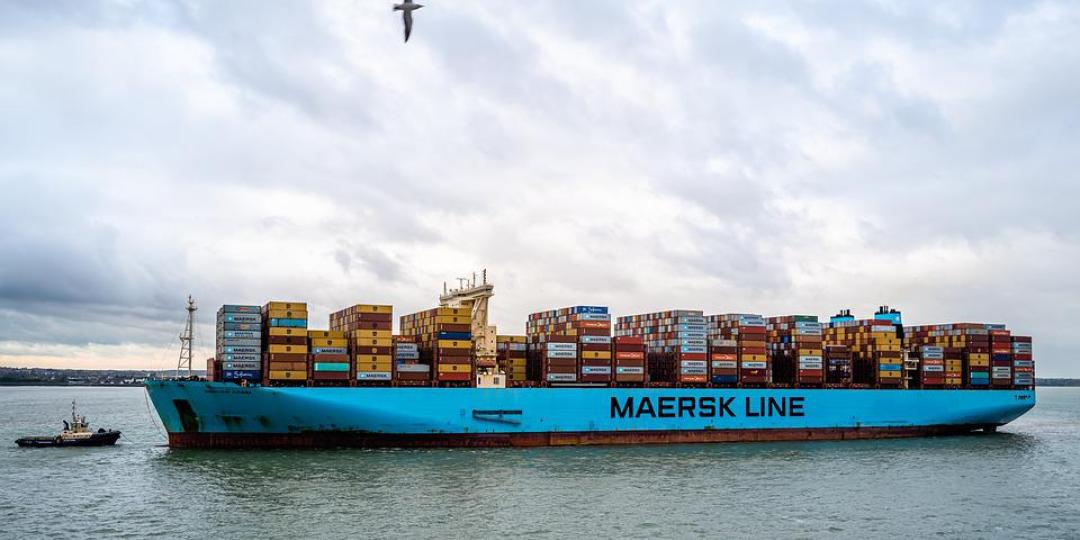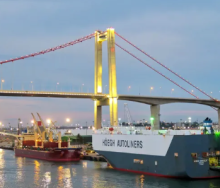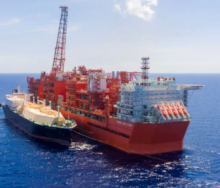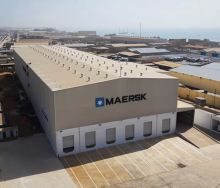Maersk has withdrawn its representative from the board of the International Chamber of Shipping, the world’s largest shipowners' association, due to differences regarding climate policy.
The number two ocean carrier and one of the world's largest ship-owning groups said in a statement that it had taken the decision after a climate- driven review of its memberships.
According to a report in the Maritime Executive, the ICS is a proponent of keeping carbon regulation at the International Maritime Organization (IMO), which has achieved limited progress in controlling greenhouse gas emissions since the Paris Climate Agreement was signed seven years ago. In recent years, the ICS has promoted a compromise plan for a small IMO-administered research levy of $2 per tonne of bunker fuel, which would fund a 10-year programme to investigate zero-carbon shipping technology.
The IMO’s Marine Environment Protection Committee (MEPC) rejected the proposed plan twice over the past year, a move that spurred the ICS to proceed with an internal discussion of industry-driven climate initiatives.
However, Maersk has already committed to a highly ambitious net-zero-by-2040 target, one decade ahead of the Paris Climate Agreement goal for non-shipping sectors. The group’s policy prescription and targets for the rest of the industry are equally ambitious, calling for a $450-per-tonne bunker levy to close the price gap between Very Low Sulphur Fuel Oil (VLSFO) and future fuels. Maersk has also founded a research institute to find practical solutions for decarbonisation. In its statement, the group confirmed that it was withdrawing its board membership at the ICS and moving ahead with its own plans.
“We scrutinise our memberships once a year to ensure that the trade organisations of which we are members lobby in accordance with targets of the Paris Agreement and other crucial issues. Consequently, we assess if their approach and efforts reflect our attitudes and values,” Maersk said.
The line remains a member of Danish Shipping, an ICS member association, as well as Baltic & International Maritime Council (Bimco), the Getting to Zero Coalition, the World Shipping Council and the AP Maersk-McKinney Moller Center for Zero Carbon Shipping.













